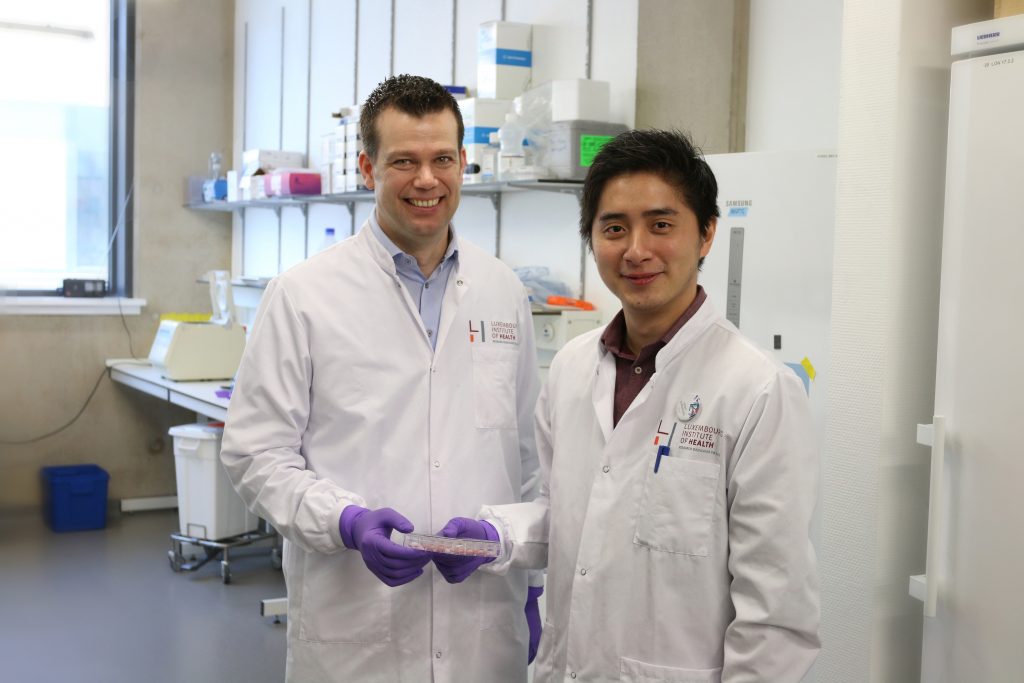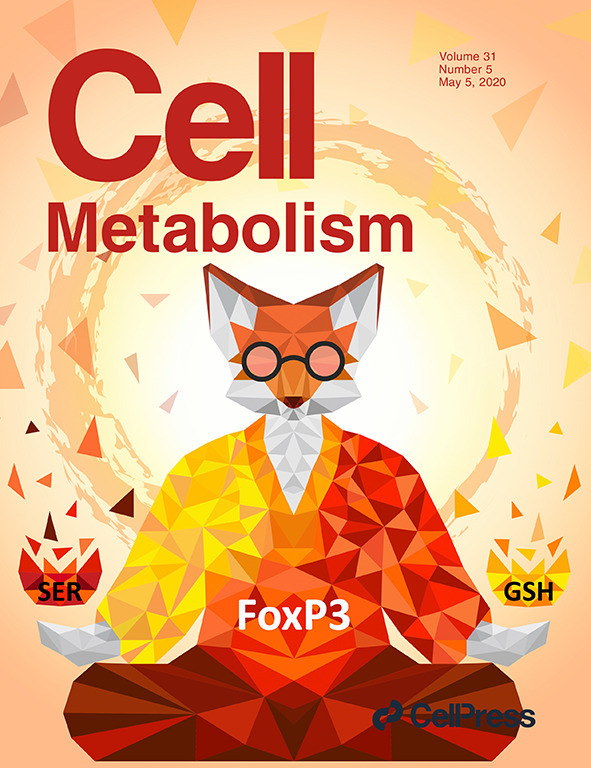A team of scientists at the Luxembourg Institute of Health, led by FNR ATTRACT Fellow Prof Dirk Brenner, have discovered a novel mechanism through which the immune system can control autoimmunity and cancer. The findings hold important implications for the development of personalised treatment options for autoimmune disorders. In a nod to the importance of the findings, the research graces the cover of the journal ‘Cell Metabolism’.
The team of researchers at the LIH’s Department of Infection and Immunity especially focussed on regulatory T cells – a specific type of white blood cells that in general act as a brake on the immune system. They found a mechanism that controls the function of regulatory T cells and determines the balance between autoimmunity and anti-cancer activity.
In a preclinical model, the scientists further showed that the elucidation of the metabolic mechanism of a disease can lead to disease reduction by a rationally-designed diet that specifically addresses these metabolic alterations.
This sets a new direction for future treatment of metabolic diseases. These findings, which were published today in the leading international journal ‘Cell Metabolism’, hold important implications for the development of personalised treatment options for autoimmune disorders and cancer.
“Our study shows that the absence of only 2 out of 22 amino acids can cure a complex autoimmune disease. Therefore, elucidating the exact metabolic and molecular basis of a disease offers the possibility to correct these metabolic abnormalities through a special diet that is precisely adapted to the delineated disease mechanism. Our study might be a first step in the direction of the personalised treatment of metabolic diseases and autoimmunity”, explains Prof Brenner.
“The relationship between glutathione, free radicals and serine can be used as a ‘switch’ to modulate immune cell activation. A higher immune cell activity is beneficial for cancer patients. We were intrigued by the idea of using our findings also to boost anti-tumor responses” he adds.
First author in the study is Henry Kurniawan, PhD student in the Experimental & Molecular Immunology research group at LIH, created by Prof Dirk Brenner in 2015 as part of his FNR ATTRACT Fellowship.
In addition to being featured on the cover of the ‘Cell Metabolism’ (published in May 2020 issue), the research has also been featured in the German press, for example in Trierischer Volksfreund (6 May 2020).

